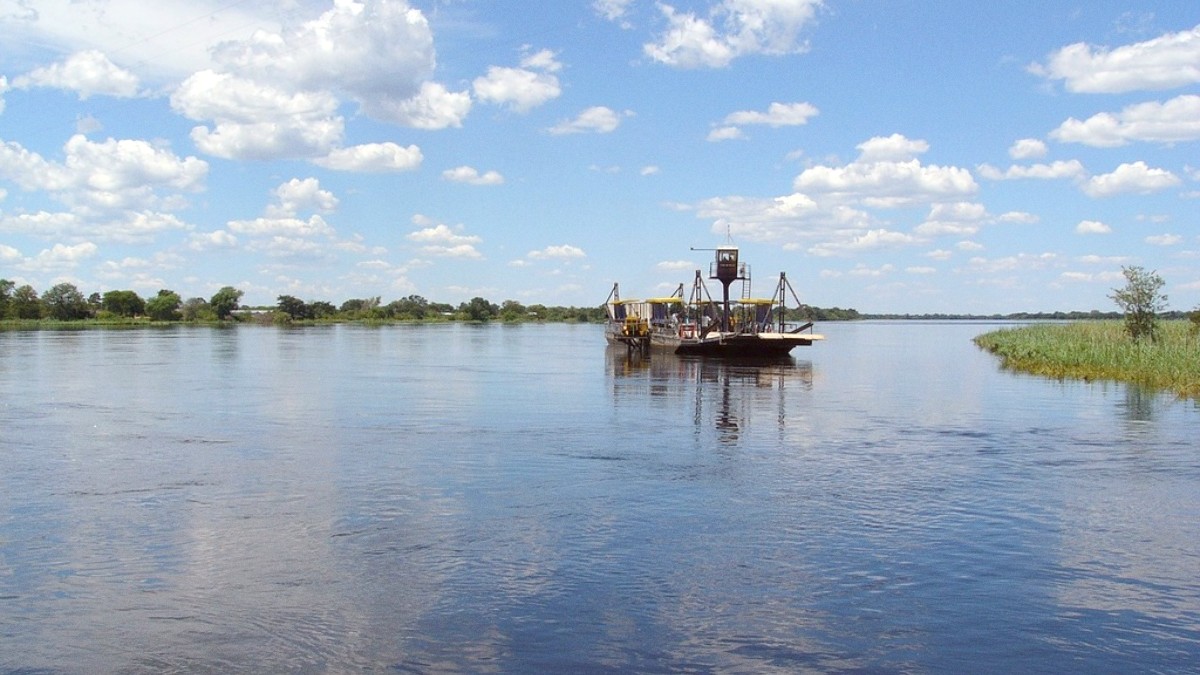
Botswana
Maun Airport (MUB) acts as the main gateway to the Okavango Delta. Most safari travelers fly into Maun, then connect to their safari camps via light aircraft. Kasane Airport (BBK) serves Chobe National Park, often combined with Delta safaris.
No direct flights to Maun or Kasane exist from major global hubs outside Southern Africa. All international travel requires at least one connection. Sir Seretse Khama International Airport (GBE) in Gaborone is less convenient for direct Delta access.
Taxis are available for transfers to hotels in Maun. Light aircraft transfers to safari camps are standard.
Road transfers to Kasane lodges or Chobe National Park are common. Boat transfers are available to Chobe Riverfront lodges.
Safari operators typically pre-arrange all airport-to-camp transfers as part of your package.
Botswana shares land borders with South Africa, Namibia, Zambia, and Zimbabwe. Kazungula Bridge (Zambia/Zimbabwe) and Mamuno (Namibia) are popular crossing points.
Expect standard immigration and customs checks. For foreign-registered vehicles, temporary import permits are necessary, and a carbon tax is payable upon entry.
Officials may also conduct vehicle checks for agricultural products.
Boat cruises are a main activity in Chobe National Park, frequently combined with Delta safaris. These offer excellent wildlife viewing from the water, especially for elephants and aquatic species.
River transport within the core Delta is part of organized safari activities operated by specific camps. These boats are utilized for game viewing and internal transfers between water-based camps.
Botswana has a freight rail network, but it does not present passenger rail services relevant for tourist travel to the Okavango Delta. Passenger train services within Botswana are very limited and do not reach safari destinations.
Direct sea or river arrivals into the Okavango Delta are not applicable for international travelers. The Okavango Delta is an inland delta, far from any sea or major ocean.
Departure tax for international flights departing Botswana is typically included in your air ticket. Confirm this with your airline or travel agent. You should not expect to pay additional departure fees at the airport.
Maun and Kasane Airports present basic facilities for departing passengers. This includes check-in counters, a small waiting area, and limited dining or shopping options. Do not expect extensive duty-free shopping or a wide selection of restaurants.
Check-in procedures for small flights are minimal and managed by camp staff or pilot.
Reconfirm your flight details and transfer times with your safari operator or airline 24-48 hours before departure.
Pilots and camp staff coordinate your transfer to connect with your onward flights.
Taxis are readily available outside the terminal for transfers to hotels and guesthouses in Maun. Agree on the fare before starting your journey. These transfers offer convenience for local accommodation.
Road transfers to lodges in Kasane town or directly to lodges within Chobe National Park are common. These ground connections provide direct access to accommodations outside the Delta.
Sedan, small SUV (2WD). Average daily cost: $50 - $100. Best for exploring Maun town, paved roads to nearby areas. Not suitable for Delta or parks.
Toyota Land Cruiser, Hilux (with camping gear). Average daily cost: $150 - $250+. Best for self-drive safaris into Moremi, Chobe, Central Kalahari. Essential for rough terrain. Requires experience. Fuel and park fees extra. DiscoverCars.com has options.
Toyota Land Cruiser, Hilux (without gear). Average daily cost: $100 - $200. Best for day trips into accessible parts of Moremi, or if you have your own Camping gear. Less flexible than equipped options.